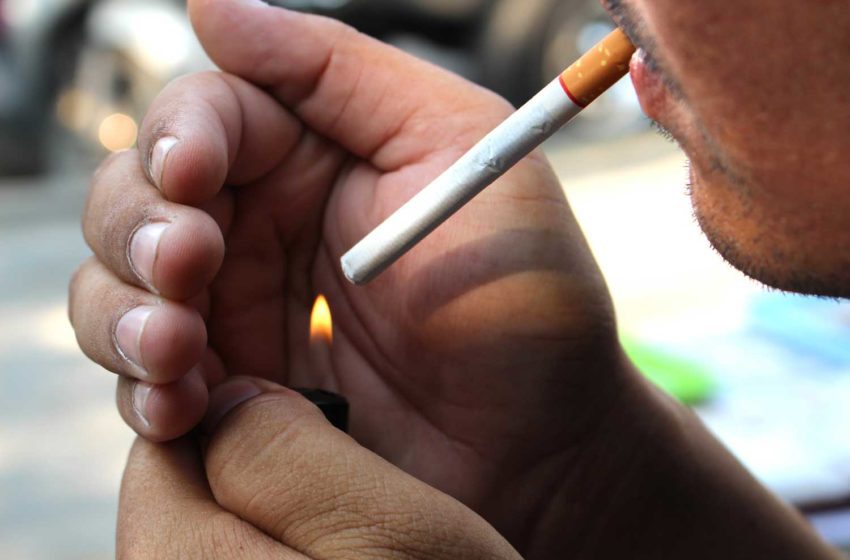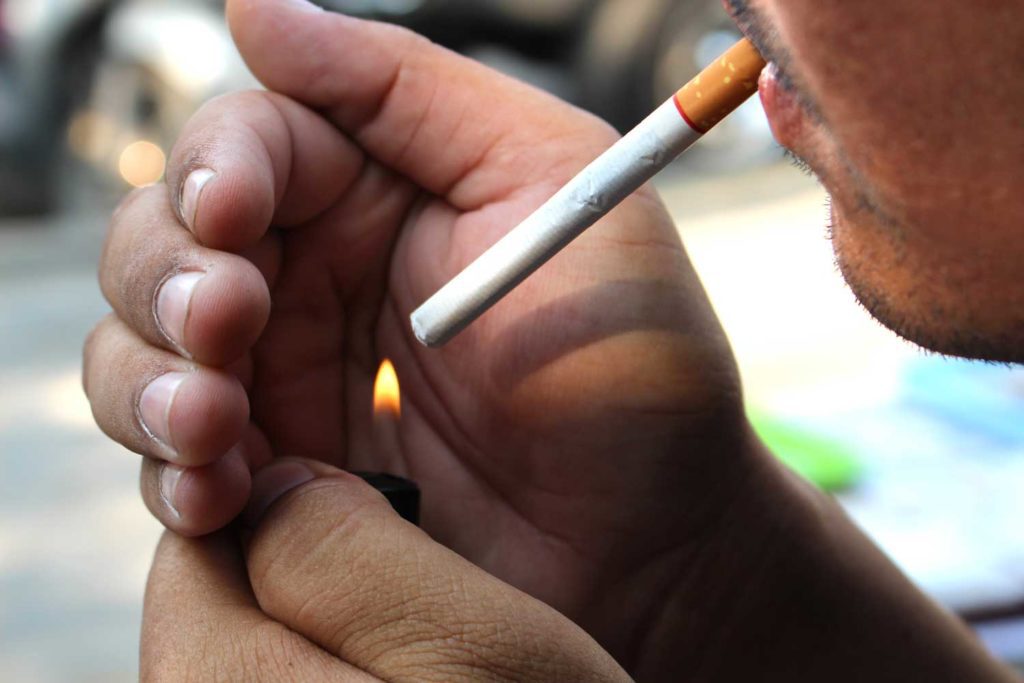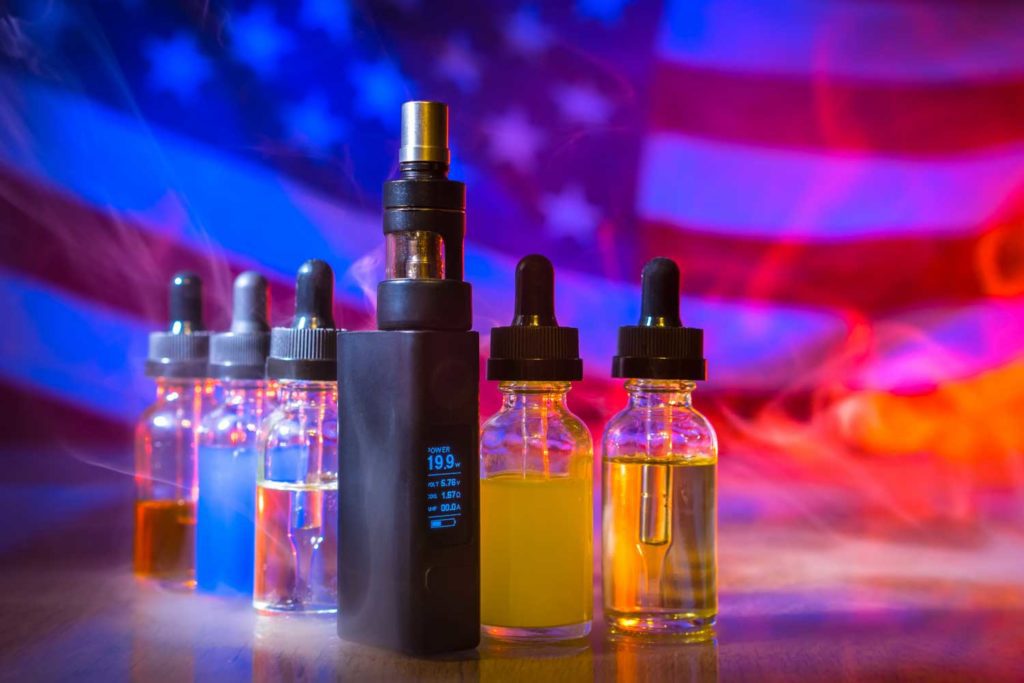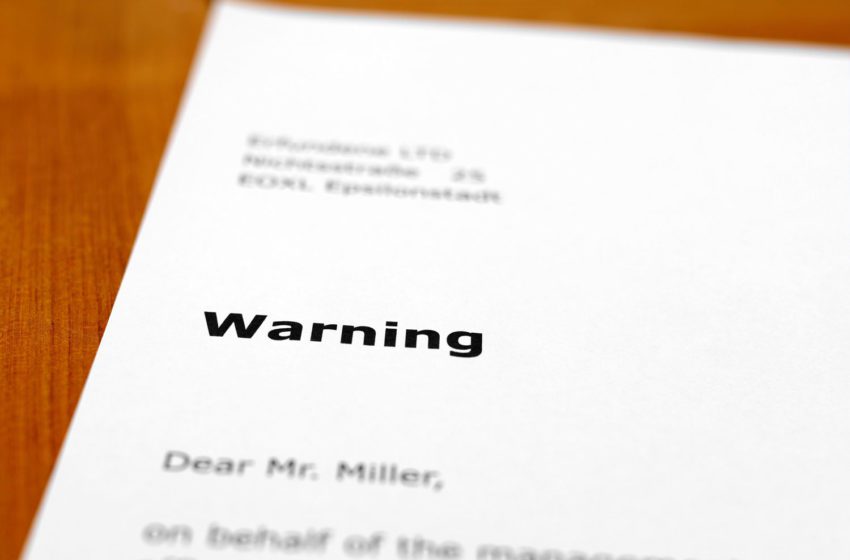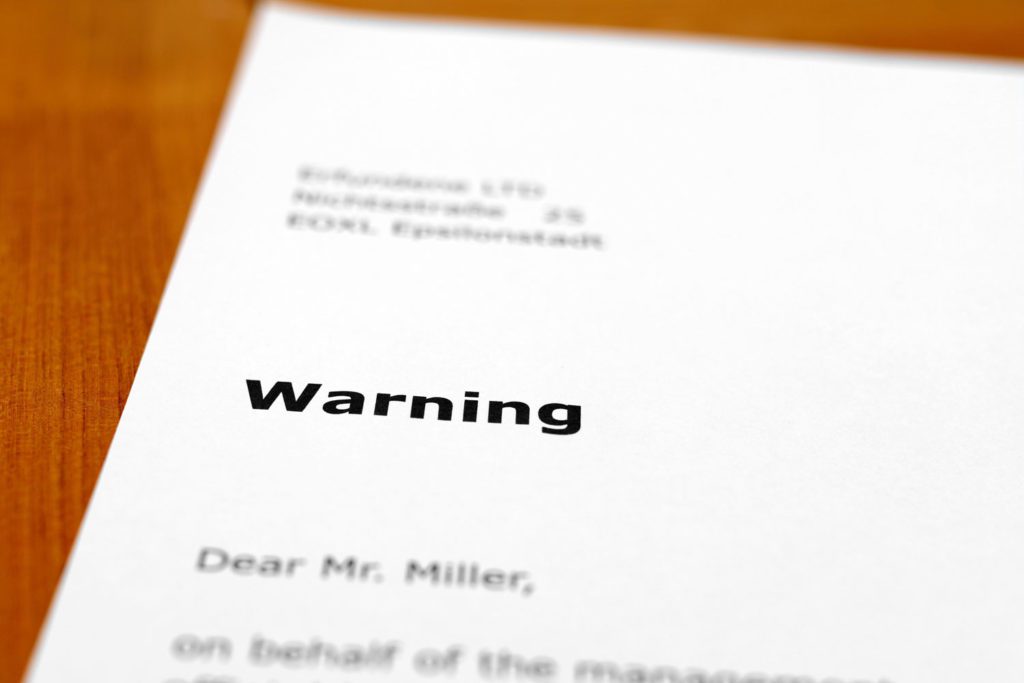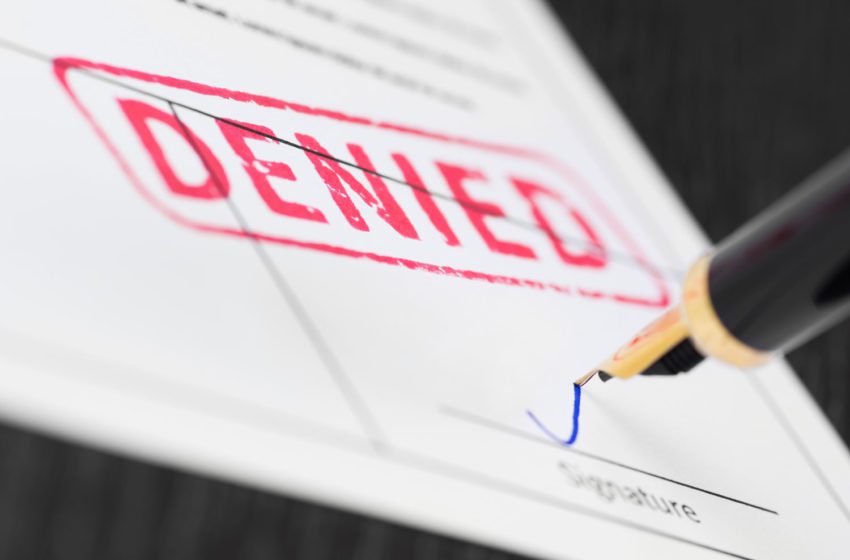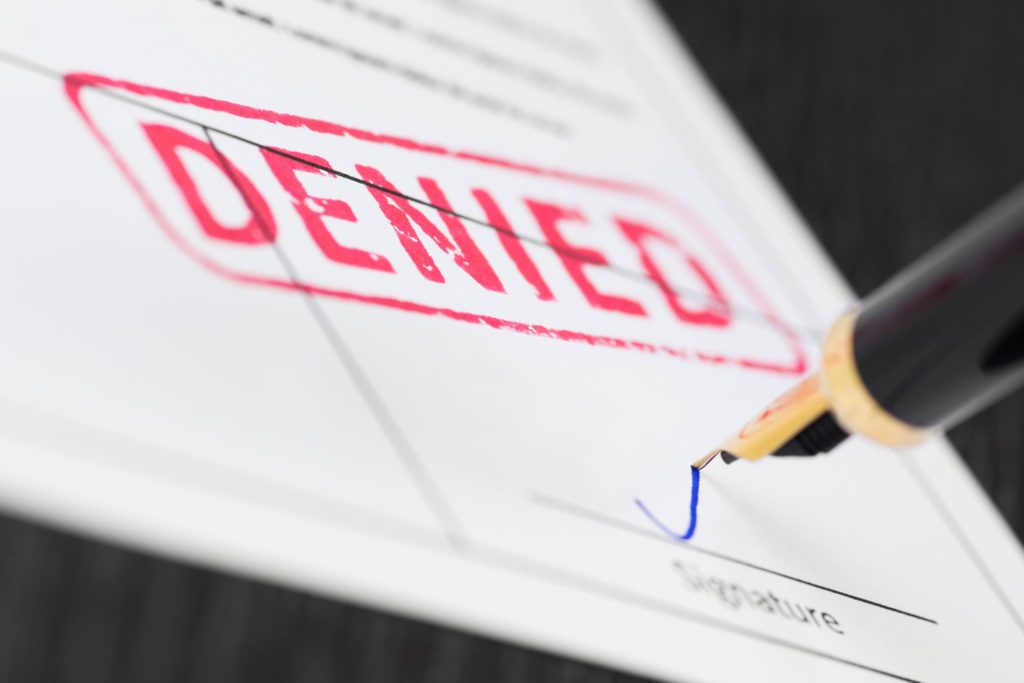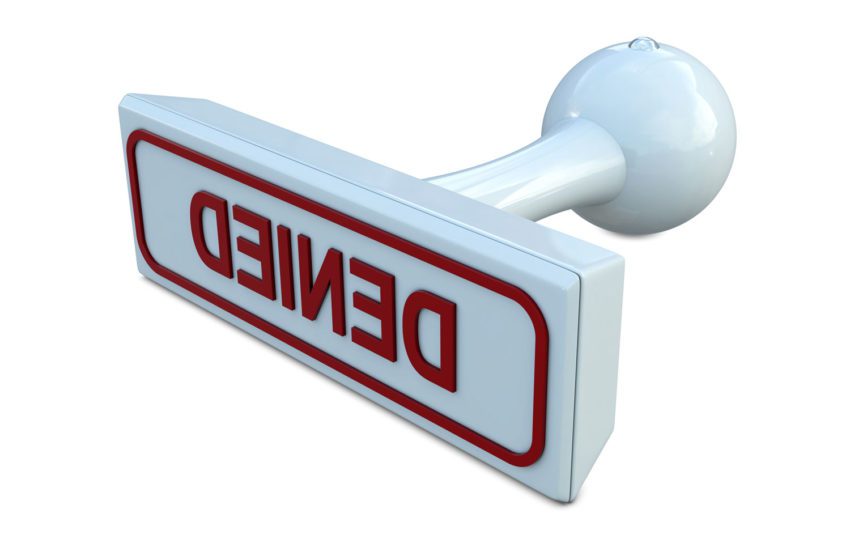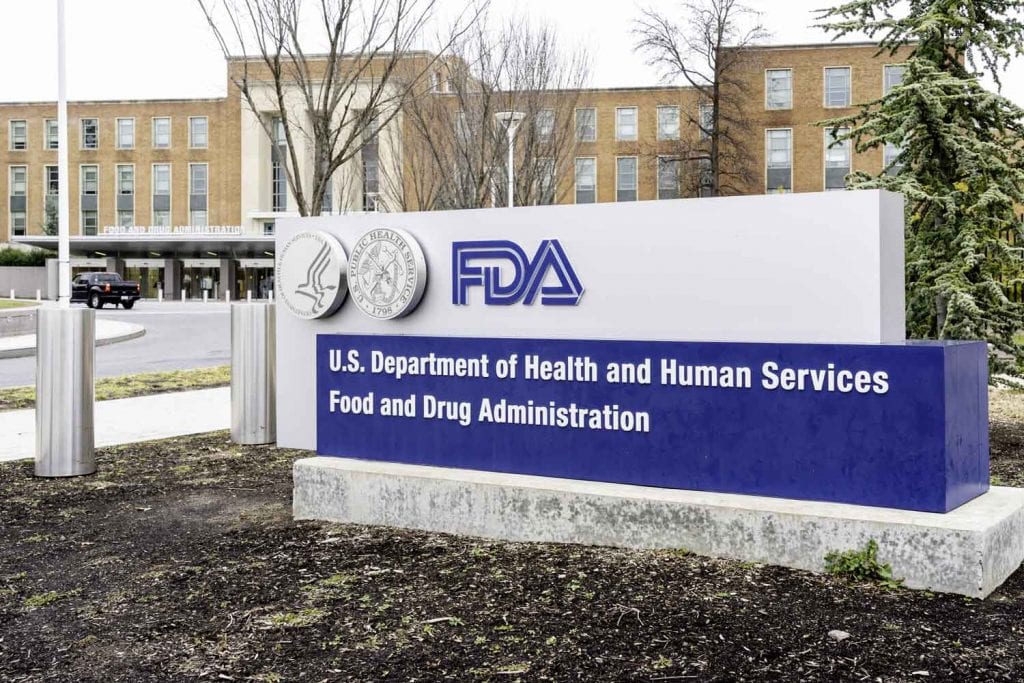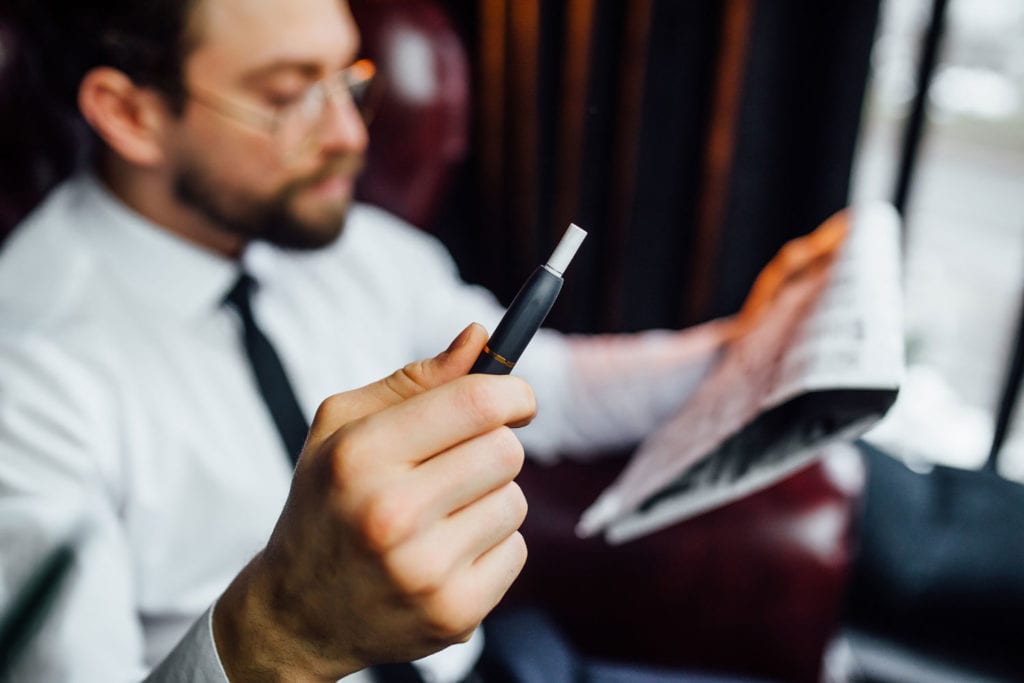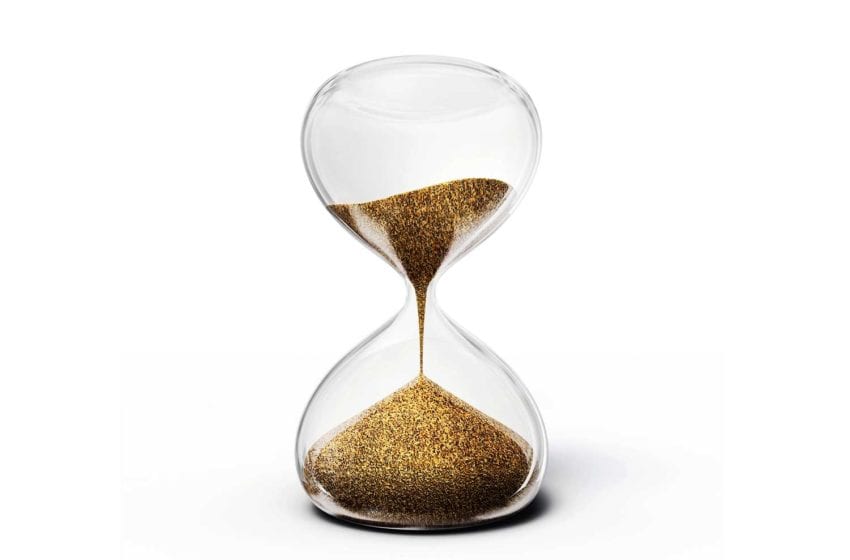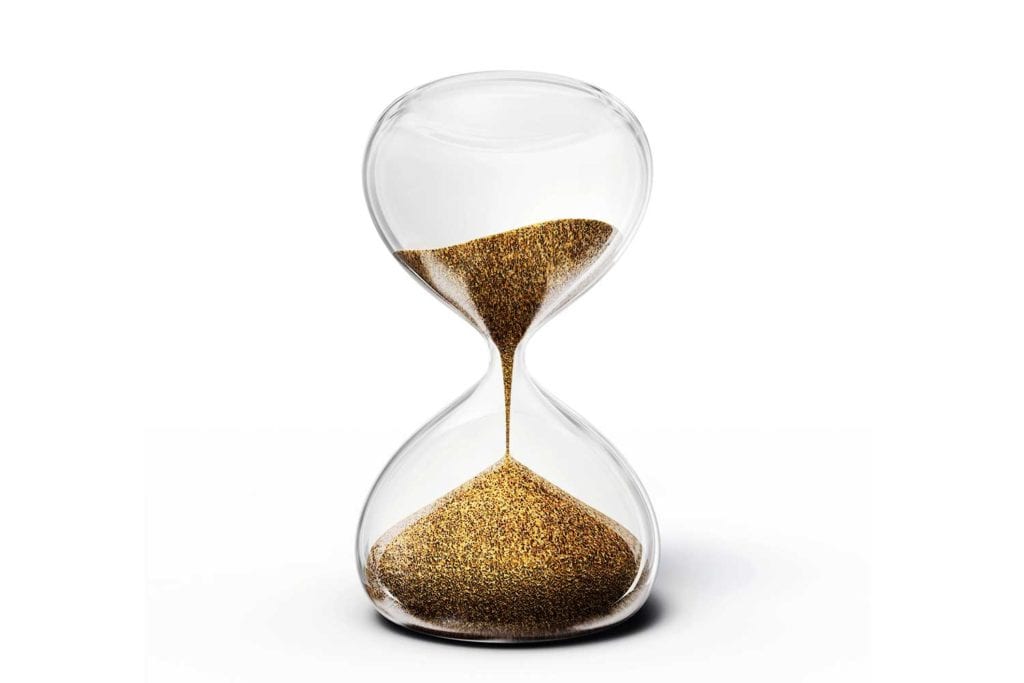
The much-anticipated deadline for the U.S. Food and Drug Administration to decide on millions of premarket tobacco product applications (PMTAs) passed without bringing the clarity about the future of tobacco harm reduction that many health advocates and industry representatives had hoped for.
On Sept. 9, the agency issued marketing denial orders (MDOs) to more than 130 companies, requiring them to pull an estimated 946,000 products from the market. However, despite a court order to complete the PMTA review process by that date, the FDA failed to make decisions on some of the best-selling vapor products on the U.S. market.
There were no updates on high-profile submissions, such as those submitted by Juul Labs, BAT and Japan Tobacco International. The agency also offered no response to any submitted open-system hardware products or tobacco-flavored e-liquids.
“We continue to work expeditiously on the remaining applications that were submitted by the court’s Sept. 9, 2020, deadline, many of which are in the final stages of review,” acting FDA Commissioner Janet Woodcock and FDA Center for Tobacco Products Director Mitch Zeller wrote in a joint statement. “For premarket tobacco product applications, our responsibility is to assess whether applicants meet the applicable statutory standard for marketing their new products. As we have said before, the burden is on the applicant to provide evidence to demonstrate that permitting the marketing of their product meets the applicable statutory standard.”
Interestingly, the agency saw fit to issue marketing orders for more than 350 combustible tobacco products under the standard equivalency pathway, many of which, hookah tobacco for example, are flavored tobacco products. All of the issued MDOs were for flavored electronic nicotine-delivery system products.
The FDA’s announcement baffled health advocates and vapor industry representatives alike.
“This looks like being a public health own-goal of historic proportions,” Jonathan Foulds, professor of public health sciences and psychiatry at the Penn State University College of Medicine, wrote on Twitter. “Will be interesting to see whether the stock value of cigarette manufacturers goes up.”
“I want Juul’s five applications to be authorized. I want Reynolds’ two or three dozen applications to be authorized,” echoed Greg Conley, president of the American Vaping Association. “But to see them likely get more time from @FDATobacco after good small businesses spent the last month getting wrecked … Just wrong.”
Vuse owner BAT, for its part, was sanguine. “We remain confident in the quality of our applications, which are supported by scientific evidence that our Vuse and Velo products are appropriate for the protection of public health,” the company wrote in a statement. “In addition, we believe that these categories of important, innovative products may be potentially less harmful than traditional tobacco products.”
Vapor industry representatives have long complained that the PMTA system favors big players. In 2019 court filings, the Vapor Technology Association noted the expenses greatly exceeded the $300,000 to $500,000 per product the FDA estimated in its regulatory impact analysis. Such a burden, say critics, can be borne only by the best-resourced players—i.e., the established tobacco companies. As a result, the products denied market access on Sept. 9 are unlikely to have been rejected because they present a greater health risk than any approved products. Rather, they failed because their manufacturers were unable to navigate the FDA’s complex and costly system.
Meanwhile, the Campaign for Tobacco-Free Kids (CTFK), which helped set the Sept. 20, 2021, deadline through litigation, hinted it might resume legal action to have the court enforce its order requiring the FDA to begin to remove unauthorized products.
“While FDA has said it has ruled on 93 percent of the applications, it hasn’t ruled on the products that have driven the youth e-cigarette epidemic,” said CTFK President Matthew Myers. “Every day those products remain on the market, our kids remain in jeopardy.”


